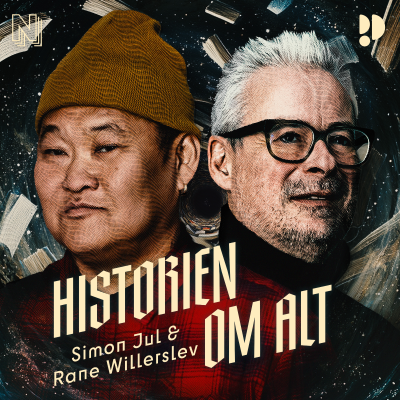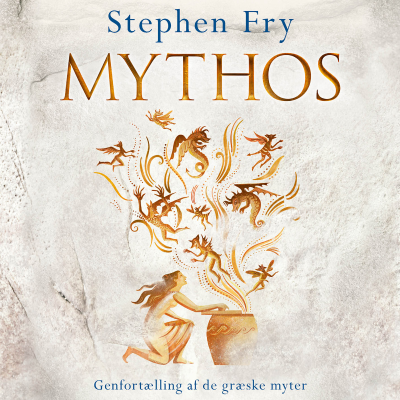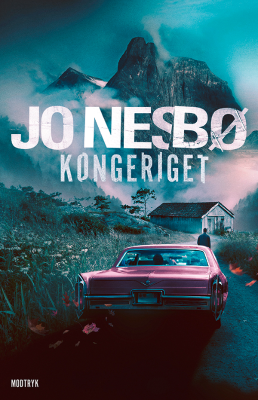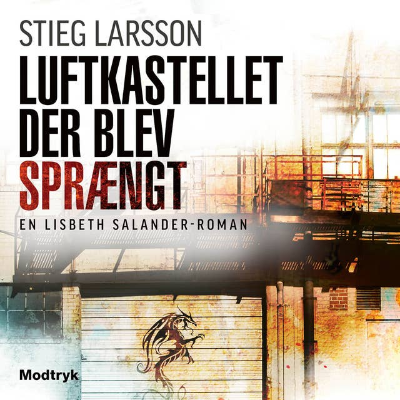Unfortunately, this offer has expired
Start your free trial below instead
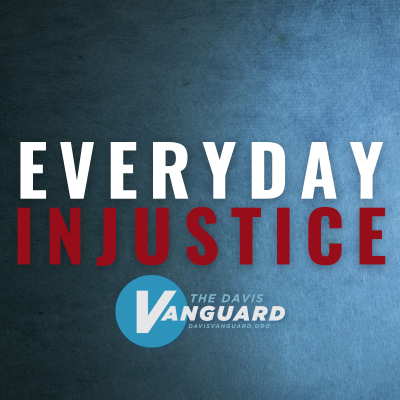
Everyday Injustice
Podcast by Davis Vanguard
Start 0 days free trial
99 kr. / month after trial.Cancel anytime.

More than 1 million listeners
You’ll love Podimo and you’re not alone
Rated 4.7 in the App Store
About Everyday Injustice
Davis Vanguard Podcast will be covering criminal justice reform, mass incarceration, wrongful convictions, and more.
All episodes
312 episodesIn the latest episode of Everyday Injustice, Tony Viola, a former Cleveland real estate professional, shares his story of being wrongly accused and convicted in what was billed as the nation’s largest mortgage fraud case. Viola was indicted in both state and federal court, accused of stealing $46 million, and cast in the media as the architect of a massive scheme that he says never existed. Viola described how prosecutors pressed forward despite banks stating they suffered no losses and despite evidence showing he had no connection to the companies at the center of the case. He said the government relied on informant testimony, pursued a faulty narrative, and engaged in intimidation and misconduct. Missing evidence, undisclosed conflicts of interest, and the destruction of key materials made it impossible for him to mount a fair defense, he said. The case shifted when Dawn Pella, a staffer inside the prosecutor’s office, came forward with evidence of misconduct, including emails that showed prosecutors knowingly relied on false testimony. Viola used that material to secure a victory in a second trial, though he spent 10 years in prison before being released. Pella, who was expected to testify on his behalf, later died under suspicious circumstances, and her computer containing key documents disappeared. Now exonerated, Viola has turned his experience into advocacy, calling for accountability and an end to prosecutorial immunity. He said his case highlights how systemic misconduct in the justice system is not limited to street-level crimes but extends to complex financial cases as well. “If it could happen to me, it could happen to anyone,” Viola said. More information is available at FreeTonyViola.com and JusticeForDawn.com .
Elizabeth Ross, from the Challenging Discrimination in the Law Project at Yale Law School, discusses touring the Valley State Prison law library with carceral studies scholar Elizabeth Hinton, All of Us or None journalist Alissa Moore, and Witness journalist Ghostwrite Mike. She also reflects on her experience at the inaugural Inside Knowledge Carceral Journalism Symposium and shares updates on the Yale Institute on Incarceration and Public Safety’s Racial Justice Toolkit initiative—efforts that aim to bring meaningful access to data, law, and storytelling inside prison walls.
On this episode of Everyday Injustice, host David Greenwald sits down with Kara Gotsch, Executive Director of The Sentencing Project, for a wide-ranging conversation about the ongoing challenges—and hard-won progress—toward ending mass incarceration in the United States. Gotsch opens with a stark but measured assessment: while the prison population has declined since its peak in the late 2000s, there are troubling signs of political backsliding, with states like Louisiana reversing youth justice reforms and a broader erosion of bipartisan momentum. Throughout the conversation, Gotsch underscores a central paradox: the U.S. imposes some of the longest prison sentences in the world, yet there is little evidence those sentences improve public safety. In fact, most people who serve decades behind bars—especially those who were young at the time of their offense—pose minimal risk of reoffending upon release. Gotsch calls for capping sentences at 20 years and stresses the importance of “second look” legislation that gives incarcerated people a meaningful chance at rehabilitation and release. The episode delves into youth justice reform and recent breakthroughs in state courts, which are increasingly recognizing the science behind emerging adult brain development. These rulings challenge life without parole for people under 21 and show the growing influence of evidence-based policy grounded in neuroscience and compassion. Ultimately, Gotsch argues that data alone won't change hearts and minds. What’s needed, she says, is storytelling—bringing the public closer to the lives of those impacted by incarceration. “There’s no compassion for a number,” she says. “But there is compassion for a human being.” It’s a moving call to reframe justice not as retribution, but as restoration.
Anna Vasquez on Everyday Injustice On the latest episode of the Everyday Injustice podcast, host David Greenwald speaks with Anna Vasquez, a survivor of wrongful conviction and now Director of Outreach and Education for the Innocence Project of Texas. Vasquez was one of four women—collectively known as the San Antonio Four—who were falsely accused and convicted in the 1990s amid a wave of homophobia and “Satanic panic.” Now exonerated, she dedicates her life to helping others avoid the same fate. Vasquez recounts the harrowing experience of being accused of sexually assaulting two young girls, an accusation rooted not in evidence but in hysteria. The case was fueled by homophobic stereotypes, flawed forensic testimony, and a social climate gripped by fear of devil worship and child abuse. A pediatrician’s now-discredited interpretation of supposed trauma and vague allusions to Satanic influence helped seal their fate. “It didn’t matter that we weren’t even there when they said it happened,” Vasquez explained. “It was all part of the panic at the time.” The podcast delves into the broader implications of junk science in wrongful convictions. Vasquez highlights how unproven medical theories—like the belief that hymenal “scarring” indicated abuse—were accepted as fact in courtrooms, despite no scientific foundation. “That wasn’t science. It was a belief,” she says. Her case mirrors countless others where lives were destroyed by outdated or erroneous forensic assumptions. Despite spending more than a decade behind bars, Vasquez emerged not only free but determined to make change. She shares the emotional journey of rebuilding trust—first with a filmmaker whose documentary Southwest of Salem helped raise awareness, then with legal advocates who fought for her release. Her story is a powerful reminder of the human cost of wrongful convictions—and the extraordinary courage it takes to keep fighting for justice.
A Sacramento Lawsuit and the Fight for Police Accountability In the latest episode of Everyday Injustice, host David Greenwald sits down with civil rights attorney Marissa Hatton of the Lawyers’ Committee for Civil Rights of the San Francisco Bay Area and community activist Meg White to examine a pivotal case against the Sacramento Police Department. The lawsuit, stemming from police violence during the George Floyd protests in 2020, sheds light on the city’s response to racial justice demonstrations and the long road toward accountability and reform. Despite a monetary settlement, plaintiffs and advocates remain deeply frustrated by the court’s refusal to impose lasting injunctive relief. Hatton recounts the harrowing details behind the legal battle, which challenged the Sacramento Police Department not only for excessive force—including the widespread use of chemical agents and rubber bullets—but also for viewpoint discrimination under the First Amendment. While the court ruled that the department had violated the Fourth Amendment by using unlawful force and failing to train or discipline its officers, it stopped short of mandating policy changes to prevent future misconduct. For many, including the plaintiffs, that decision leaves them vulnerable to repeat abuse. Meg White, one of six plaintiffs, offers an unflinching firsthand account of what it felt like to be maced, beaten, and traumatized during what was supposed to be a peaceful protest. White’s experience—shared by hundreds of demonstrators—illustrates a pattern of police escalation and indiscriminate retaliation. The contrast between the violent crackdown on racial justice protesters and the relative restraint shown to Stop the Steal demonstrators is a key element of the case, revealing a disturbing double standard in how law enforcement responds to dissenting voices. Though the court acknowledged a pattern and practice of unconstitutional conduct, the ruling left systemic change off the table—deepening public distrust. As the conversation turns toward ongoing protests and growing authoritarianism across the country, this episode is both a sobering postmortem of one city’s failures and a warning about what happens when legal victories don’t translate into institutional reform. Hatton and White make one thing painfully clear: without accountability and structural change, the injustice will repeat itself.

Rated 4.7 in the App Store
Unfortunately, this offer has expired
Start your free trial below instead
Start 0 days free trial
99 kr. / month after trial.Cancel anytime.
Exclusive podcasts
Ad free
Non-Podimo podcasts
Audiobooks
20 hours / month








